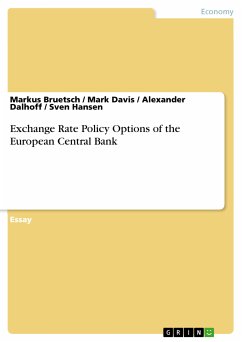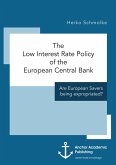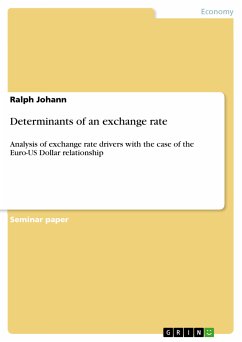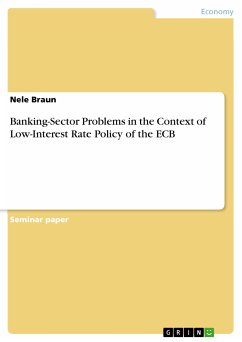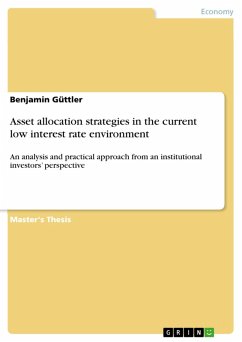Essay from the year 2003 in the subject Business economics - Banking, Stock Exchanges, Insurance, Accounting, grade: 1,4 (A), Oxford Brookes University (Business School), course: International Investment & Finance, language: English, abstract: Since the euro has been introduced as the common currency of the European Monetary Union (EMU) exchange rate policy-making has not been noticeably mentioned on the agenda of the European Central Bank (ECB). This work examines and explains the development of the euro since its introduction in 1999. A discussion of possible exchange rate regimes, their impacts on domestic and international trade and living standards, as well as a brief introduction on market intervention will put forward a recommendation to the ECB for its future exchange rate policy. Since most of the past currency crises emerged from monetary systems of fixed exchange rates, empirical data suggests a non fixed external regime to the EMU, even more since this allows a range of steering and counteracting opportunities. Following the Keynesian monetary theory, the forces of supply and demand are not always sufficient to guarantee a stable and sound economic environment for successful trade and growth. Therefore a free floating system of exchange rates might not be the right way for the ECB to follow its aim of price stability and competitiveness in a highly integrated area as the EU. We recommend employing an external managed floating system at a reasonably high level of currency value, i.e. purchasing power, depending on the situation of employment and export-import balance. The ECB should carefully carry out market interventions, limited by international exchange rate agreements, e.g. by the G-10 Nations summits.
Dieser Download kann aus rechtlichen Gründen nur mit Rechnungsadresse in A, B, BG, CY, CZ, D, DK, EW, E, FIN, F, GR, HR, H, IRL, I, LT, L, LR, M, NL, PL, P, R, S, SLO, SK ausgeliefert werden.

